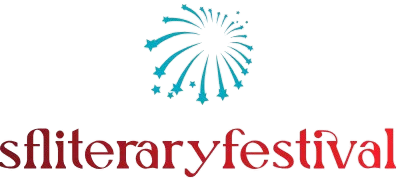Literature plays a significant role in shaping and influencing our identities. It provides a space for individuals to explore and understand themselves, their values, and their place in the world. Here are a few ways in which literature contributes to identity formation:
- Representation: Literature offers diverse representations of characters from different backgrounds, cultures, and experiences. By seeing themselves reflected in literature, individuals can develop a sense of validation, recognition, and belonging. Representations help shape and affirm aspects of their own identity and provide a platform for self-expression.
- Empathy and Understanding: Literature allows readers to step into the shoes of characters and experience their thoughts, feelings, and struggles. This process of empathizing with diverse perspectives cultivates a deeper understanding of others and helps shape a more inclusive and compassionate identity.
- Exploration of Identity: Literature often explores themes of self-discovery, identity crisis, and personal growth. Through the stories of characters grappling with their own identity journeys, readers can gain insights into their own identity formation processes. Literature prompts introspection and invites readers to question and navigate their own identities.
- Cultural Education: By engaging with literature from different cultures and time periods, individuals can learn about various traditions, beliefs, and historical contexts. This exposure to diverse cultures broadens their understanding of the world and contributes to the development of a multifaceted and inclusive identity.
- Common Human Experiences: Literature highlights universal human experiences, such as love, loss, longing, and joy. By encountering these common threads in different narratives, readers recognize the shared humanity that connects individuals across cultures and identities. This recognition can foster a sense of solidarity and help shape an inclusive and empathetic identity.
- Challenging Norms and Perspectives: Literature has the power to challenge societal norms, stereotypes, and prejudices. It exposes readers to alternative viewpoints and opens doors to critically examining dominant narratives. By questioning prevailing ideologies, readers can develop a more nuanced understanding of their own identity and the broader social framework in which they exist.
- Self-Reflection and Inspiration: Literature provides a platform for readers to reflect on their values, beliefs, and aspirations. It presents characters who overcome challenges, embody certain virtues, or navigate complex moral dilemmas. These narratives can inspire readers to evaluate their own values, strengths, and goals, shaping their personal identity in the process.
In summary, literature is a powerful tool for exploring and shaping identity. By representing diverse perspectives, promoting empathy, and encouraging self-reflection, literature contributes to the formation of our personal and cultural identities, fostering a deeper understanding of ourselves and the world around us.




